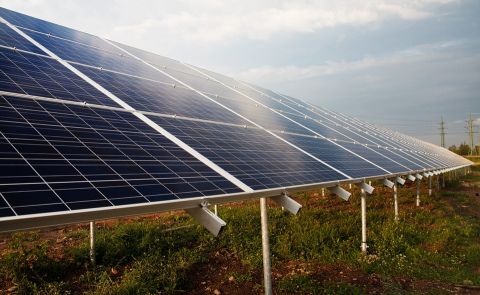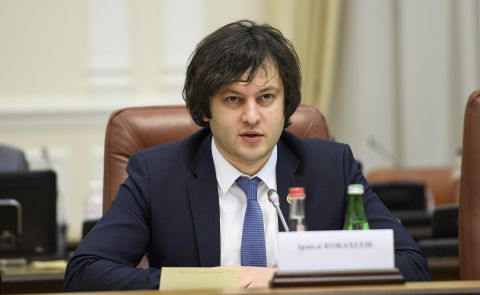
Opposition protests in Baku spark international attention

On 19 October, between 15 and 17 pm, protests took place in the Azerbaijani capital of Baku. They were organized by the National Council of Democratic Forces (NCDF) and they resulted in the blockage of the cities metro system, a short loss of mobile and internet connections at the 28 May metro station, and police detentions. The protests occurred due to the Baku’s City Executive Power’s decision to deny the opposition permission to stage a demonstration at the Mahsul Stadium in central Baku and offering them the training base of the Neftchi sports club in Lokbatan settlement at the outskirts of the city instead. This was the second protest staged by the NCDF in Baku this month (Caucasus Watch reported).
According to the information of the Baku officials, opposition activists tried to enter the square in front of the 28 May metro station with several groups which resulted in a clash with the police. Around 220 protesters participated, and 60 people were detained, with 42 later released after an official warning about inadmissibility of illegal actions. Amongst the released was PFP chairman Ali Karimli who “suffered minor injuries when his forehead touched the iron grille of a car by resisting the Baku police,” reported apa.az. “These people wanted not to hold a rally, but to provoke ... Their goal was to denigrate the image of Azerbaijan in the international arena,” said Siyavush Novruzov, a deputy executive secretary of the ruling “New Azerbaijan” Party.
The opposition presented other figures in contrast to the official information. In an official statement by the NCDF, the protest “was an attempt to conduct a peaceful mass rally” at the metro station. The number of participants reached over 1000, around 500 of them were detained. In the case of Karimli, the statement stated that “he was beaten with extreme brutality by six members of the Rapid Response Police of the Ministry of Internal Affairs, subjected to humiliating and inhuman treatment, physical and moral tortures” and that all had been filmed. The statement also called on international organizations and countries in the world to impose sanctions against the Azerbaijani government. “We urge the Azerbaijani authorities, at least, to avoid further disgrace on the global scale, to hold the Interior Ministry's Rapid Response Police and the Minister of Internal Affairs Vilayat Eyvazov personally responsible for these crimes, and to remove all obstacles to freedom of assembly,” read the demands of the NCPF.
The protests received international attention. “On 19 October dozens of people were detained in Baku following their attempt to rally peacefully. Excessive and unprovoked force was reportedly used to disperse the crowds and arrest participants. Such incidents need to be investigated. We equally call on the authorities to release peaceful protesters remaining in detention. Freedom of assembly is a fundamental human right and we expect Azerbaijan to ensure that it can be fully exercised, in line with the country’s international obligations,” stated Maja Kocijancic, spokesperson of the European Union External Action Service (EEAS).
Azerbaijani Ministry of Foreign Affairs spokesperson, Leyla Abdulayeva replied to Kocijancic’s statement, saying that the EU’s statement about dozens detained people was not true because most of them were released after getting an official warning. “The police treated the participants politely and no one was hurt,” she said. She also added that the EU should pay better attention to the ongoing developments in Barcelona. There are reports of the use of rubber bullets by police against peaceful demonstrators, beating of media representatives and the excessive use of violence in the Spanish city. “Brutality of the police against demonstrators in France for months goes beyond all norms of human behavior. Eleven people died and thousands were injured. There are people who have lost their eyes and got injured. Unfortunately, double standards are applied in such cases as well. The polite behavior of police officers is undermined. The EU turns a blind eye to the events that occur right under its nose. It is unacceptable to speak with Azerbaijan in such a language,” she concluded.
See Also

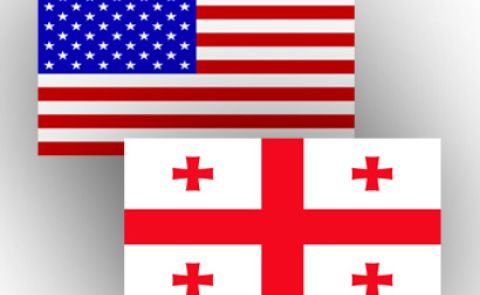
Kobakhidze Meets US Senator Daines to Discuss Bilateral Relations
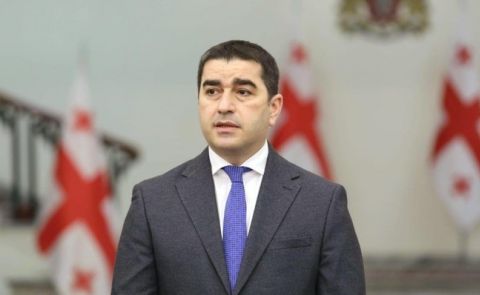
Georgian Speaker Condemns Embassy Travel Warnings as Economic Attack
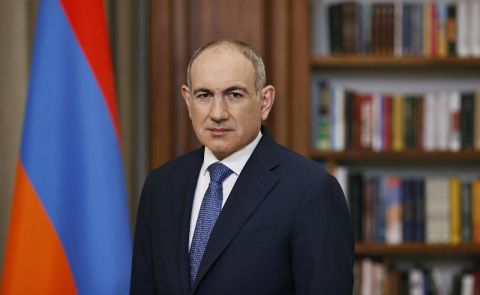
Political Crisis Deepens Between Armenian Government and Apostolic Church After Pashinyan’s Remarks
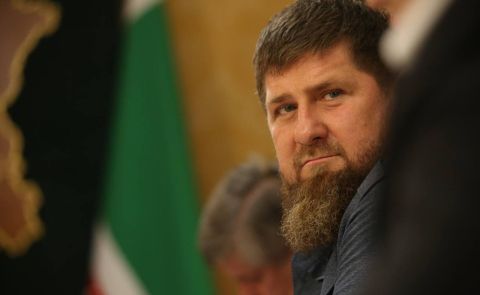
Ramzan Kadyrov Awards Title to Ingush Businessman
